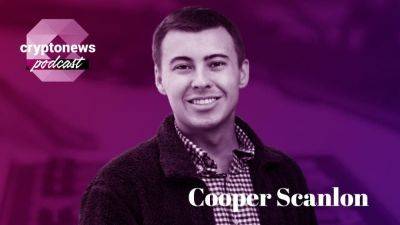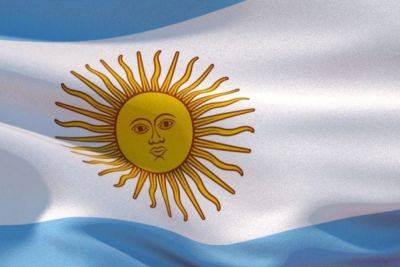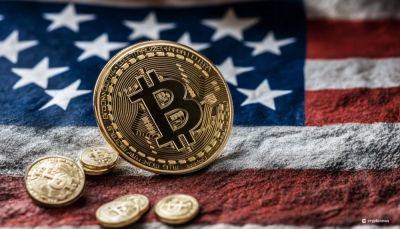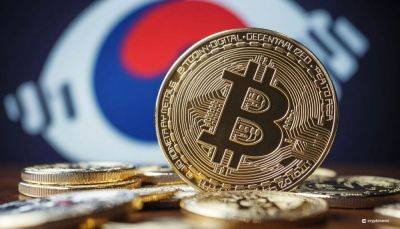CFPB cracks down on popular paycheck advance programs. Here's what that means for workers
The Consumer Financial Protection Bureau is cracking down on so-called paycheck advance programs, which have grown popular with workers in recent years.
Such programs, also known as earned wage access, allow workers to tap their paychecks before payday, often for a fee, according to the CFPB.
The CFPB proposed an interpretive rule on Thursday saying the programs — both those offered via employers and directly to users via fintech apps — are «consumer loans» subject to the Truth in Lending Act.
More than 7 million workers accessed about $22 billion in wages before payday in 2022, according to a CFPB analysis of employer-sponsored programs also published Thursday. The number of transactions jumped more than 90% from 2021 to 2022, the agency said.
Such services aren't new: Fintech companies debuted them in their earliest form more than 15 years ago. But their use has accelerated recently amid household financial burdens imposed by the Covid-19 pandemic and high inflation, experts said.
If finalized as written, the rule would require companies offering paycheck advances to make additional disclosures to users, helping borrowers make more informed decisions, the CFPB said.
Perhaps most important, costs or fees incurred by consumers to access their paychecks early would need to be expressed as an annual percentage rate, or APR, akin to credit card interest rates, according to legal experts.
The typical earned-wage-access user pays fees that amount to a 109.5% APR, despite the serviceoften being marketed as a «free or low-cost solution,» according to the CFPB.
The California Department of Financial Protection and Innovation found such fees to be higher — more than 330% — for the average user, according to an analysis published
Read more on cnbc.com




















